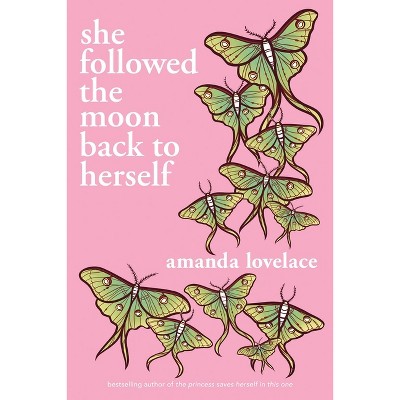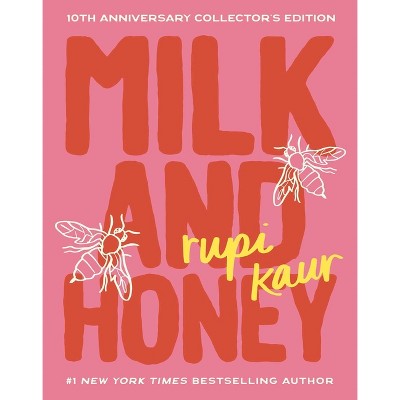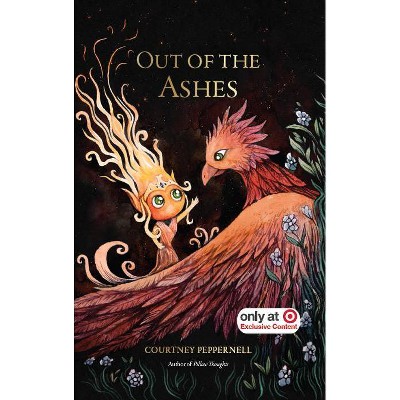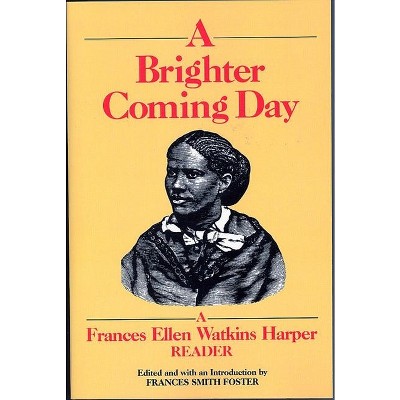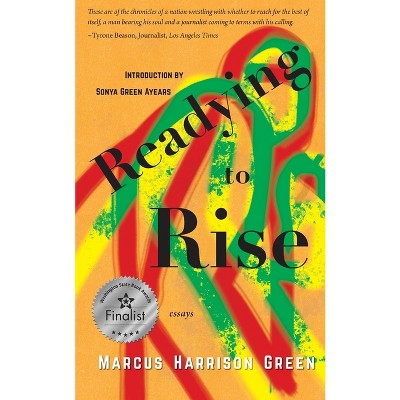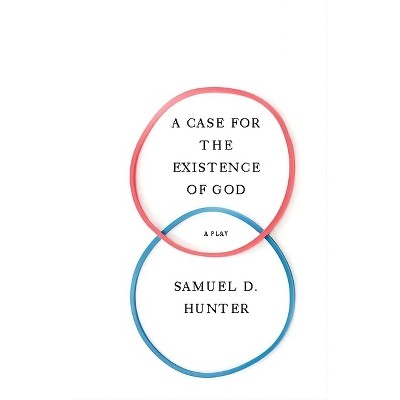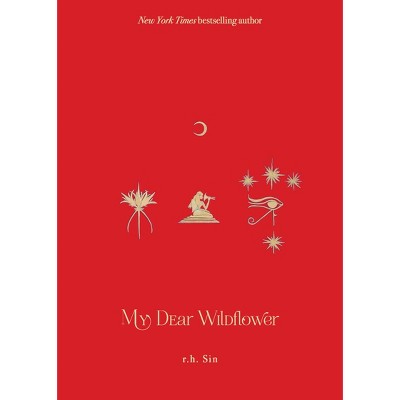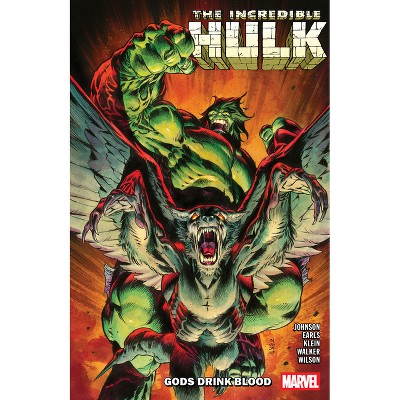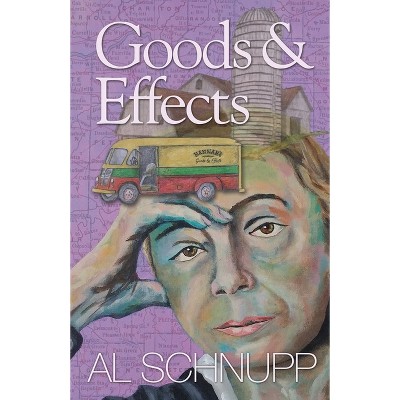Sponsored

Gods of Four Mile Creek - by Phillip Howerton (Paperback)
In Stock
Sponsored
About this item
Highlights
- Gods of Four Mile Creek explores the inescapable ambivalence we hold toward the places of our upbringing.
- Author(s): Phillip Howerton
- 124 Pages
- Poetry, Subjects & Themes
Description
About the Book
By recognizing a kinship with the personified oaks, homeless groundhogs, or discarded milk cans of Phil Howerton's Ozarks world, readers may discover who they were or might become. Photographs and essays enhance the wordsmith's crafty work.
Book Synopsis
Gods of Four Mile Creek explores the inescapable ambivalence we hold toward the places of our upbringing. In 68 exquisitely detailed poems, 19 photographs, and two essays, Phillip Howerton considers aspects of the world into which he was born--specifically the rivers, farms, fish, birds, and stubborn humans of the rural Ozarks. As his explorations of "Folks, Living and Dead," "Amusements," and "Displacements" demonstrate, these elements may be gods of our own creation, gods which we simultaneously reject and embrace.Howerton's poems bring careful attention to individuals who ponder, avoid, celebrate, and recognize themselves in the elements of their natural world. By acknowledging their kinship with blackjack oaks, homeless groundhogs, or discarded milk cans, readers come to discover much about who they were and who they might become. In "Farm Team," for example, a lone boy plays baseball with trees and barn doors as imagined teammates. When "the barn foundation/ hits another grounder" the "impossible catch" is "witnessed by a crowd/ of Holsteins." And readers see the imagination and resilience which farm life once required and still requires.
"The Farm Forgets it was a Farm" begins thus: "The loft barn wears the same faded sweater/ every day, with elbows worn thin where boards are missing." In this personification of a farm aging into obsolescence, "fencerows grow unruly like untrimmed eyebrows" and "no one/ visits." The poem ends with the barn imagined as an old man sent off to a nursing home: "In the unmown fields, winds with no place to be/ make a muffled uncertain shuffling sound/ like his stocking feet lost in his numbered hallway."
Ultimately, Gods of Four Mile Creek creates a sense of being and belonging. And running through this landscape of place and self is a seven-mile-long creek, oddly named "Four Mile Creek," filled with joy, tragedy, and relentless change.
Review Quotes
The poems, essays, and photographs of Phillip Howerton's Gods of Four Mile
Creek offer vivid depictions of a vanishing way of life. Part mythology, part
memorial for the generations who settled and farmed the Ozarks, this 'ghost
stream' of a book calls to our innermost being.
Marcus Cafagña, author of All the Rage in the Afterlife This Season
A moving elegy to the vernacular of the Missouri Ozarks-its home places and
those who peopled them. Sharp, tender, and darkly funny by turns, these poems
bear witness to a vanishing world, invoking age-old questions of what endures,
and how.
Hope Coulter, winner of the Porter Prize, author of The Wheel of Light
Few writers understand the rural Ozarks as intimately and sincerely as Phil
Howerton. His sharp attention to detail and brilliant compositions in Gods of Four
Mile Creek allow readers to go right alongside him in pondering the complicated
ties between our very humanity and the places that mold us. Howerton's poems
and essays remind us of both the affection and imprisonment that rural living often
entails, and we can feel these forces deep in our bones. This is moving stuff."
J. Blake Perkins, author of Hillbilly Hellraisers: Federal Power and Populist
Defiance in the Ozarks
These poems, essays, and photographs are deeply local, grounded in place, and yet they are also aware
of broader concerns, the wider world, and the currents of history.
Steve Wiegenstein, author of The DAYBREAK Series and Scattered Lights
Shipping details
Return details
Frequently bought together



Trending Poetry


